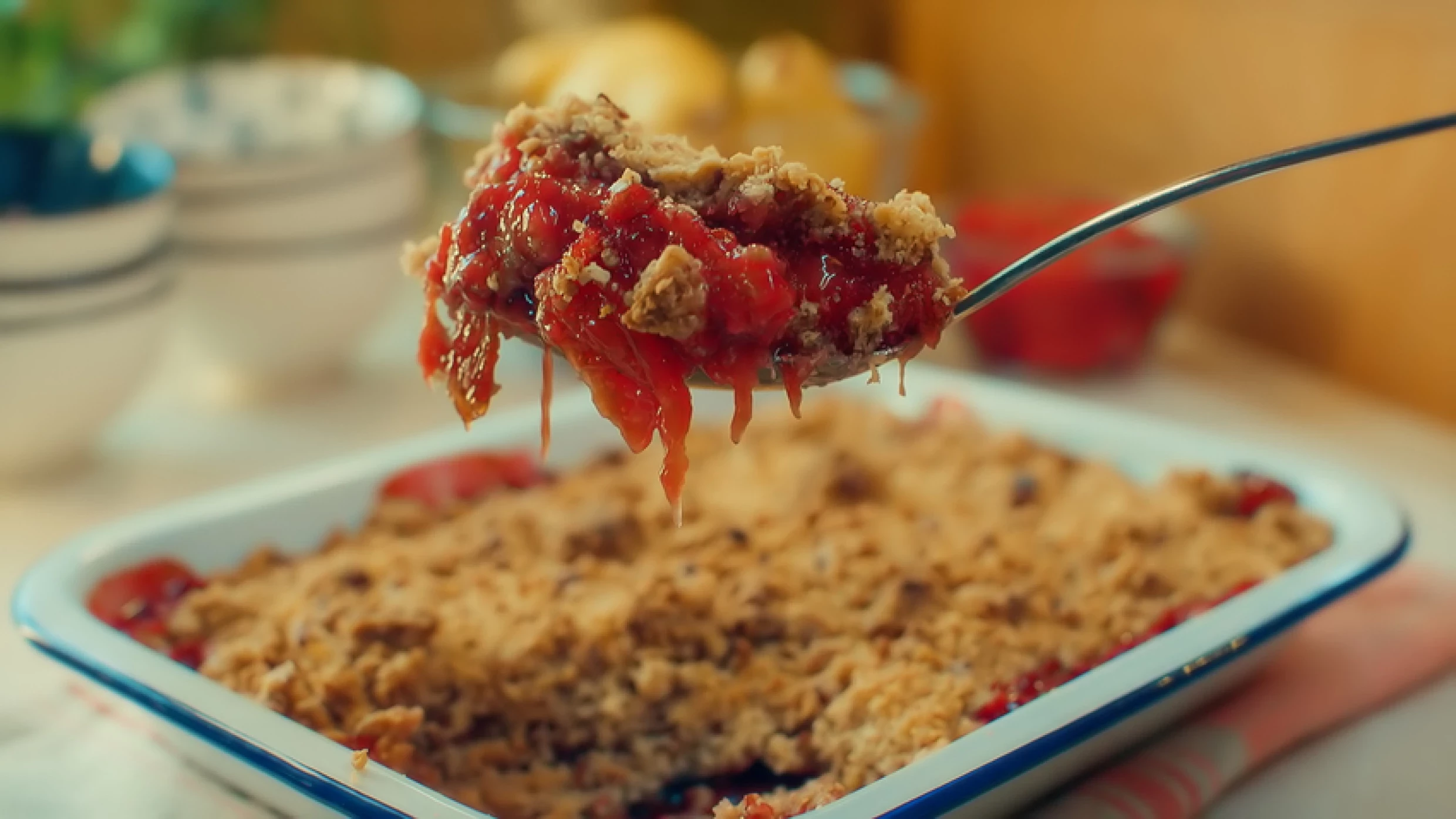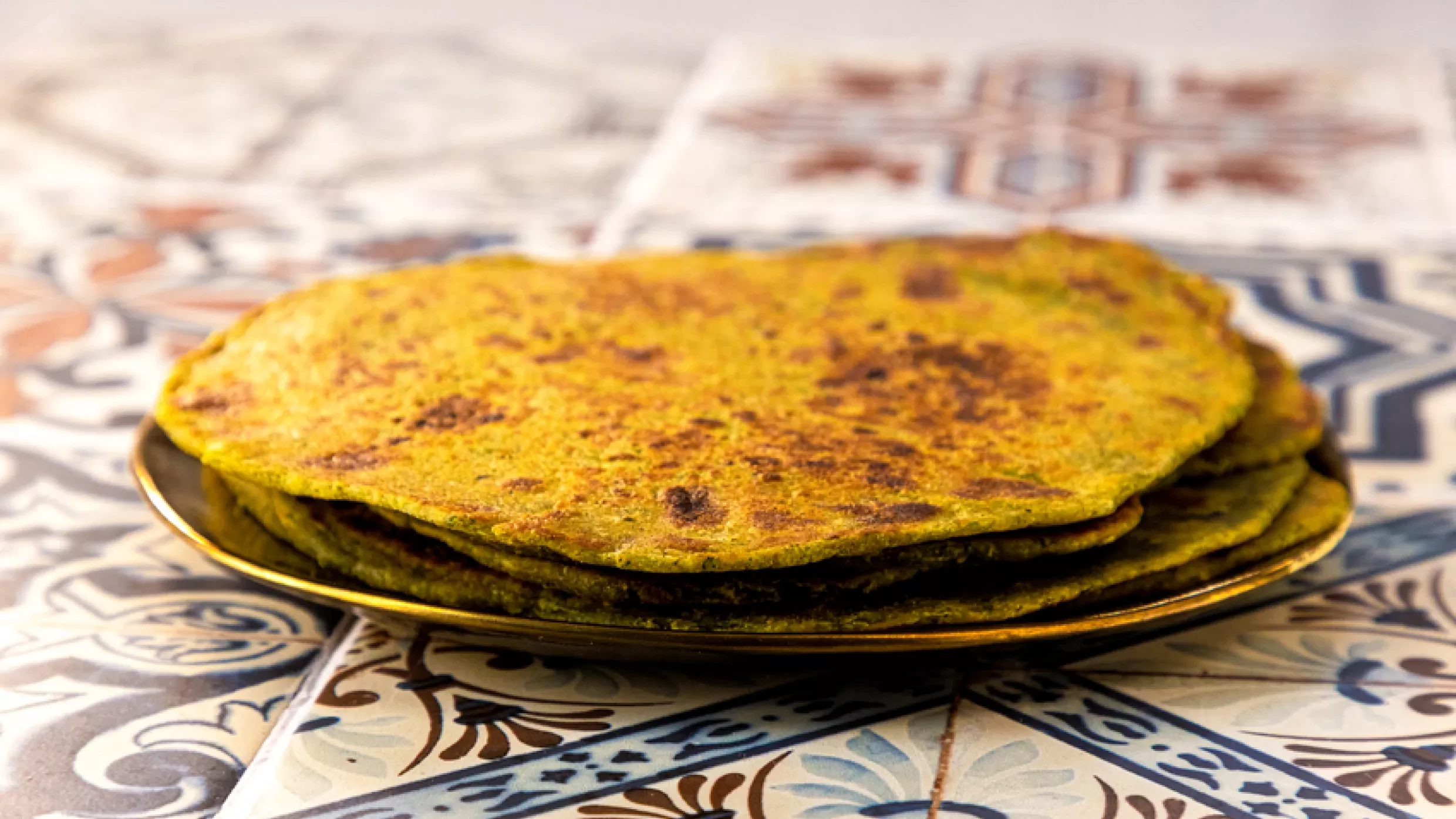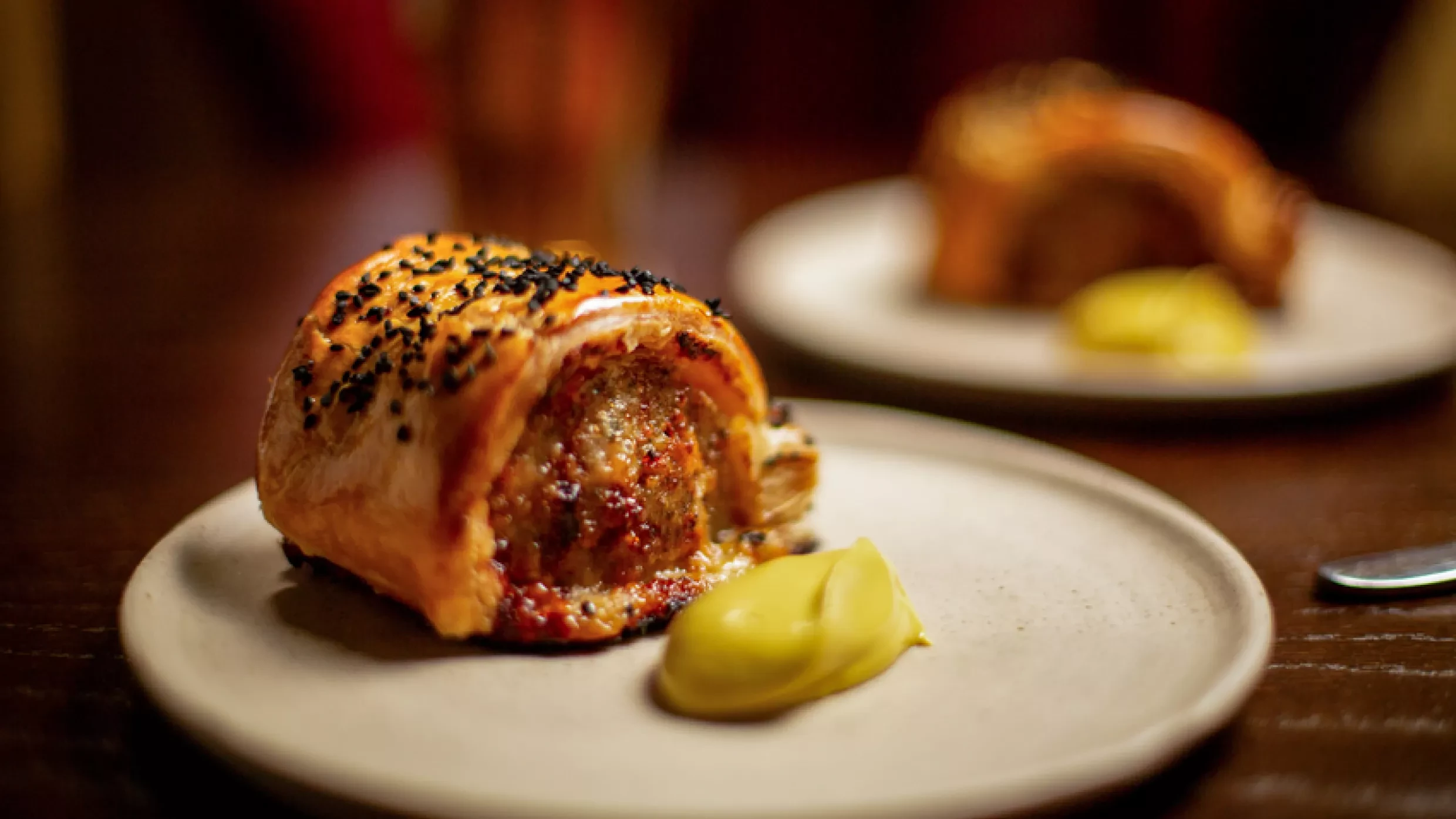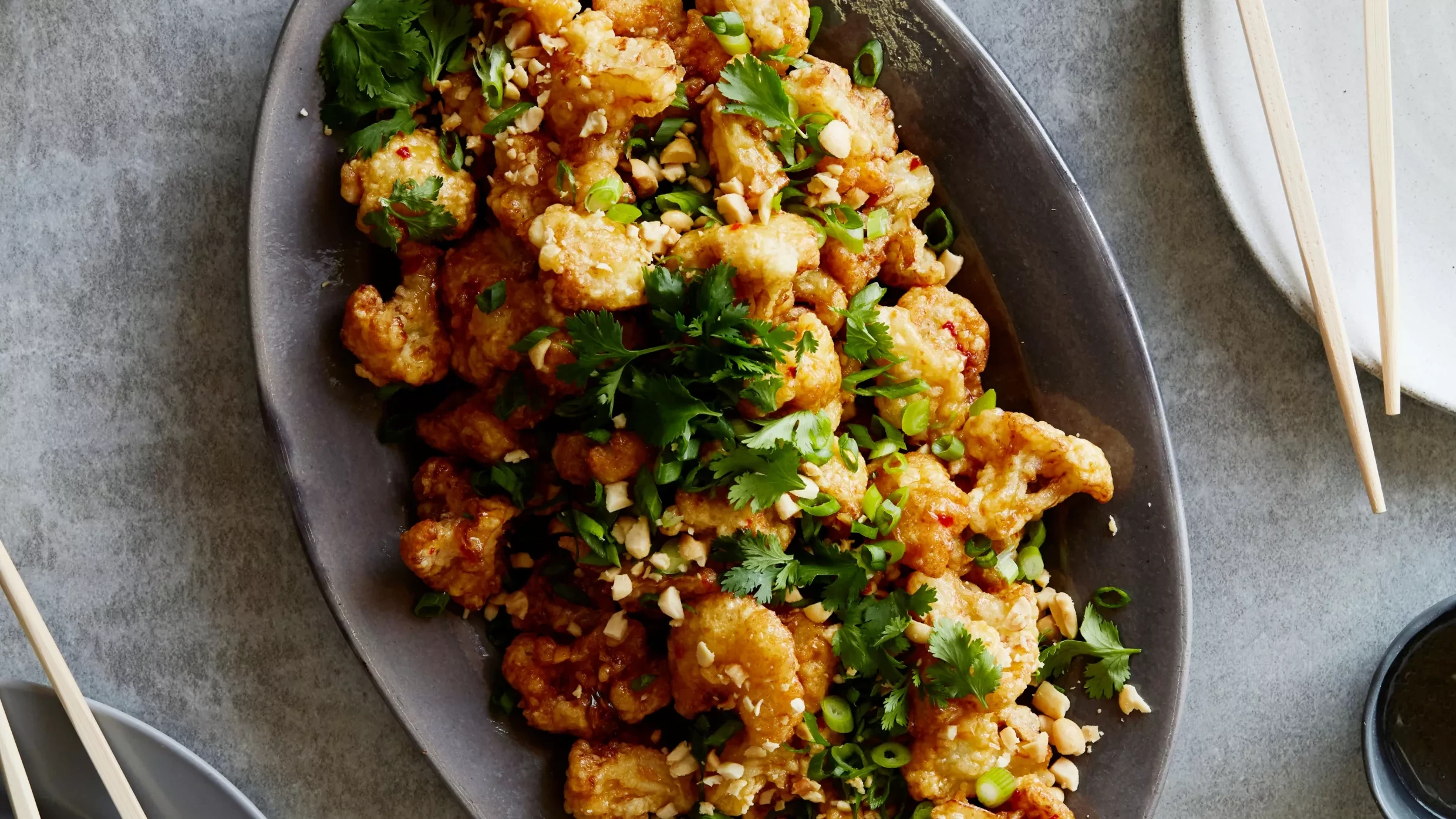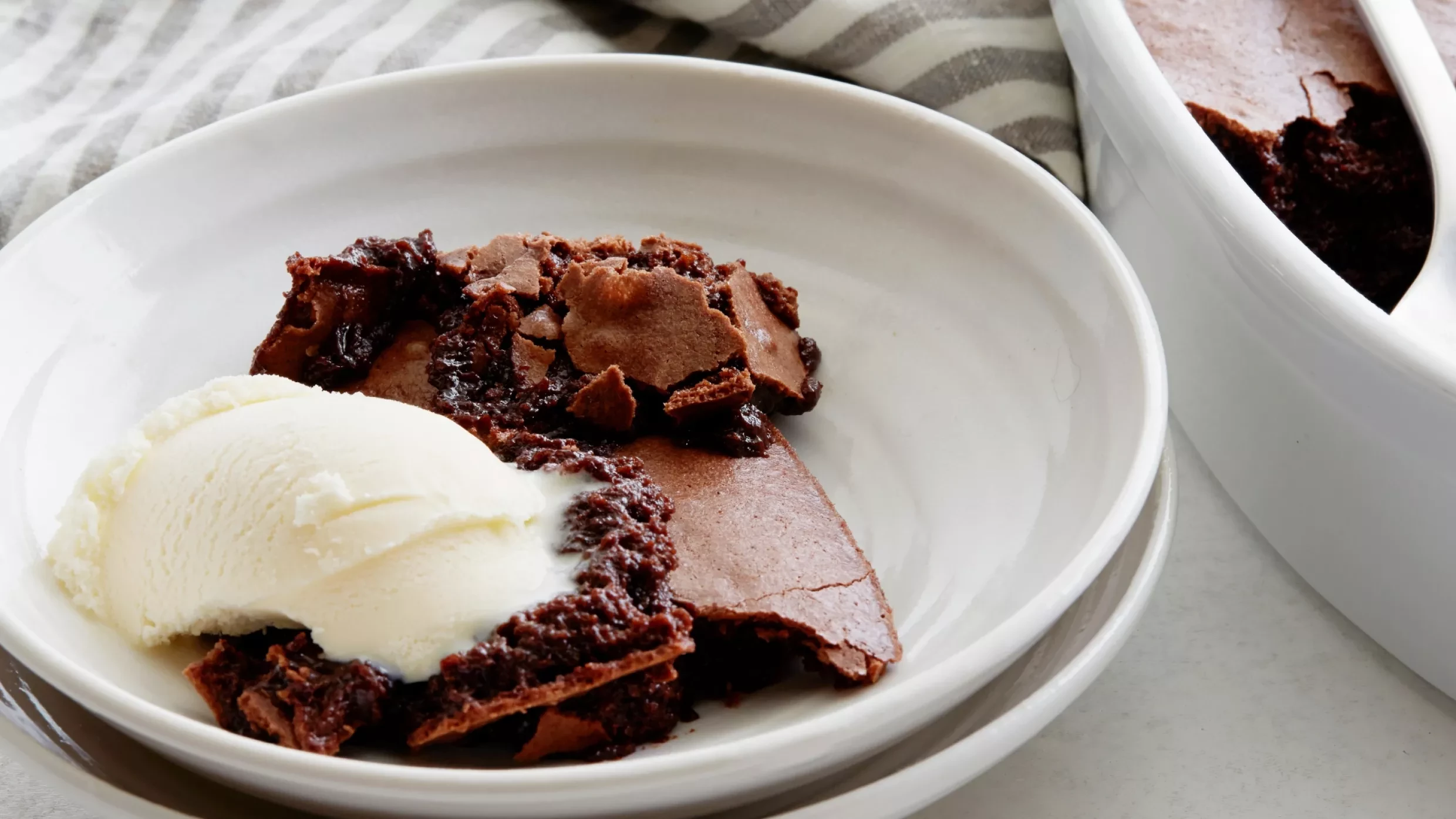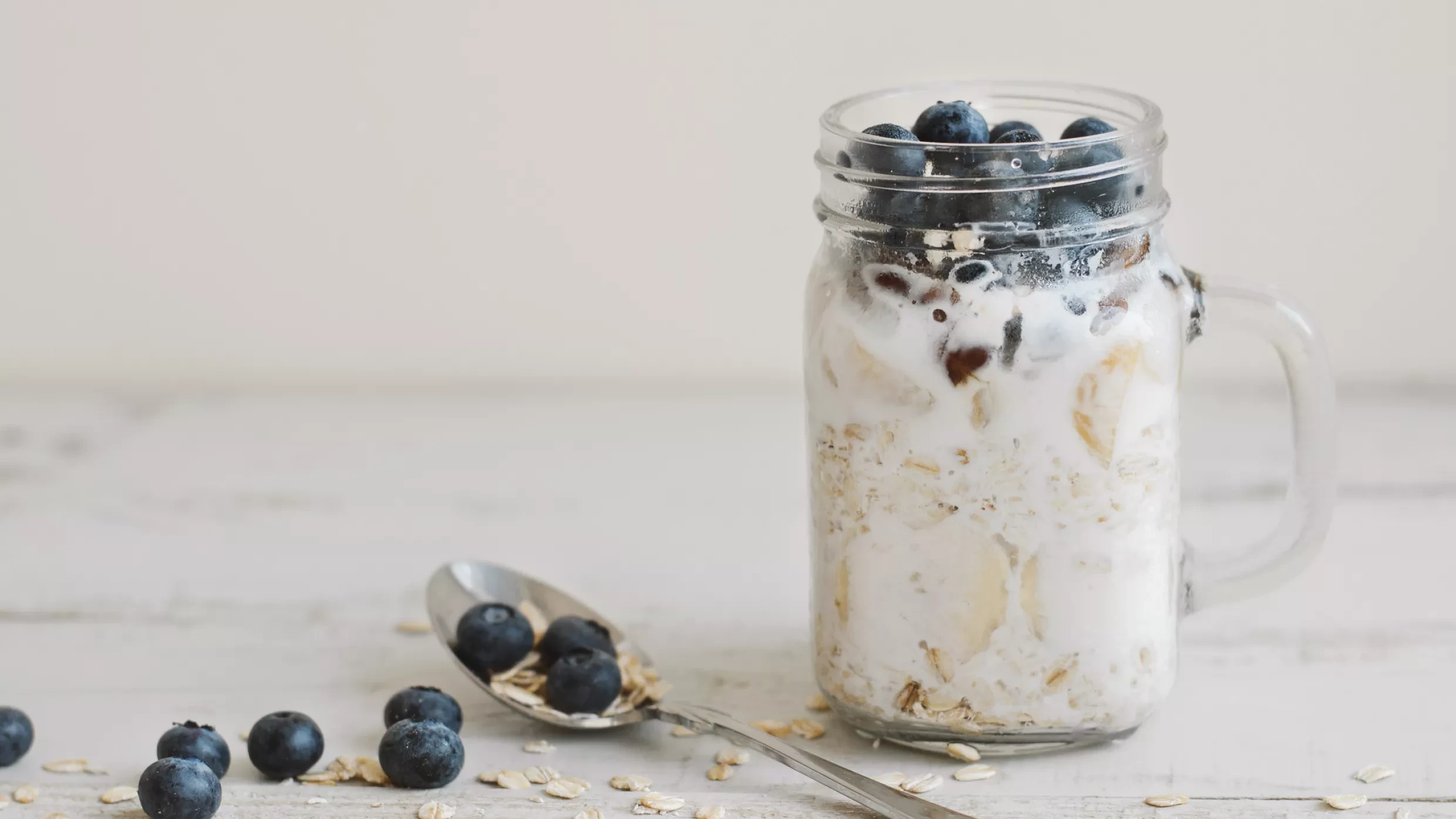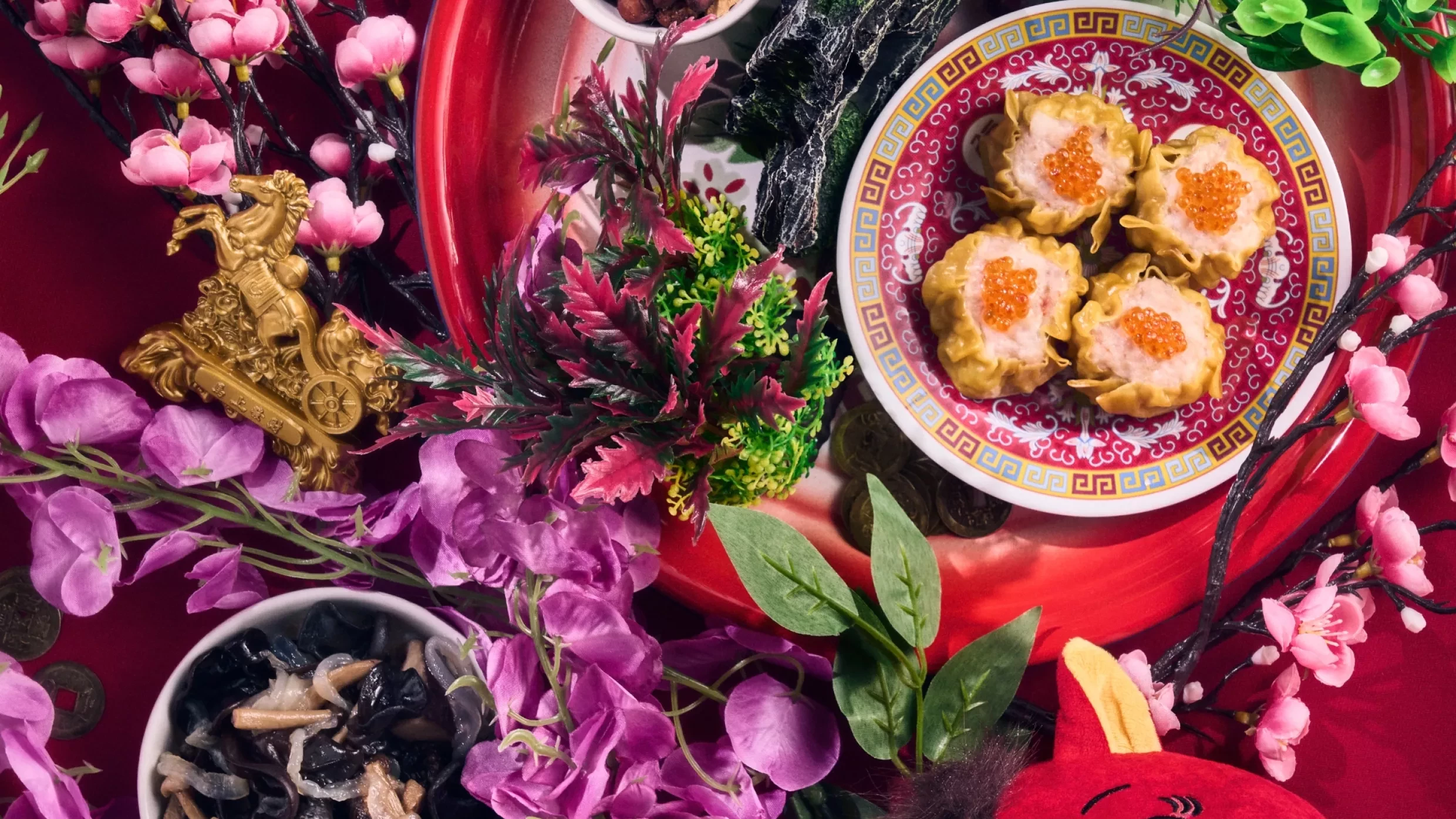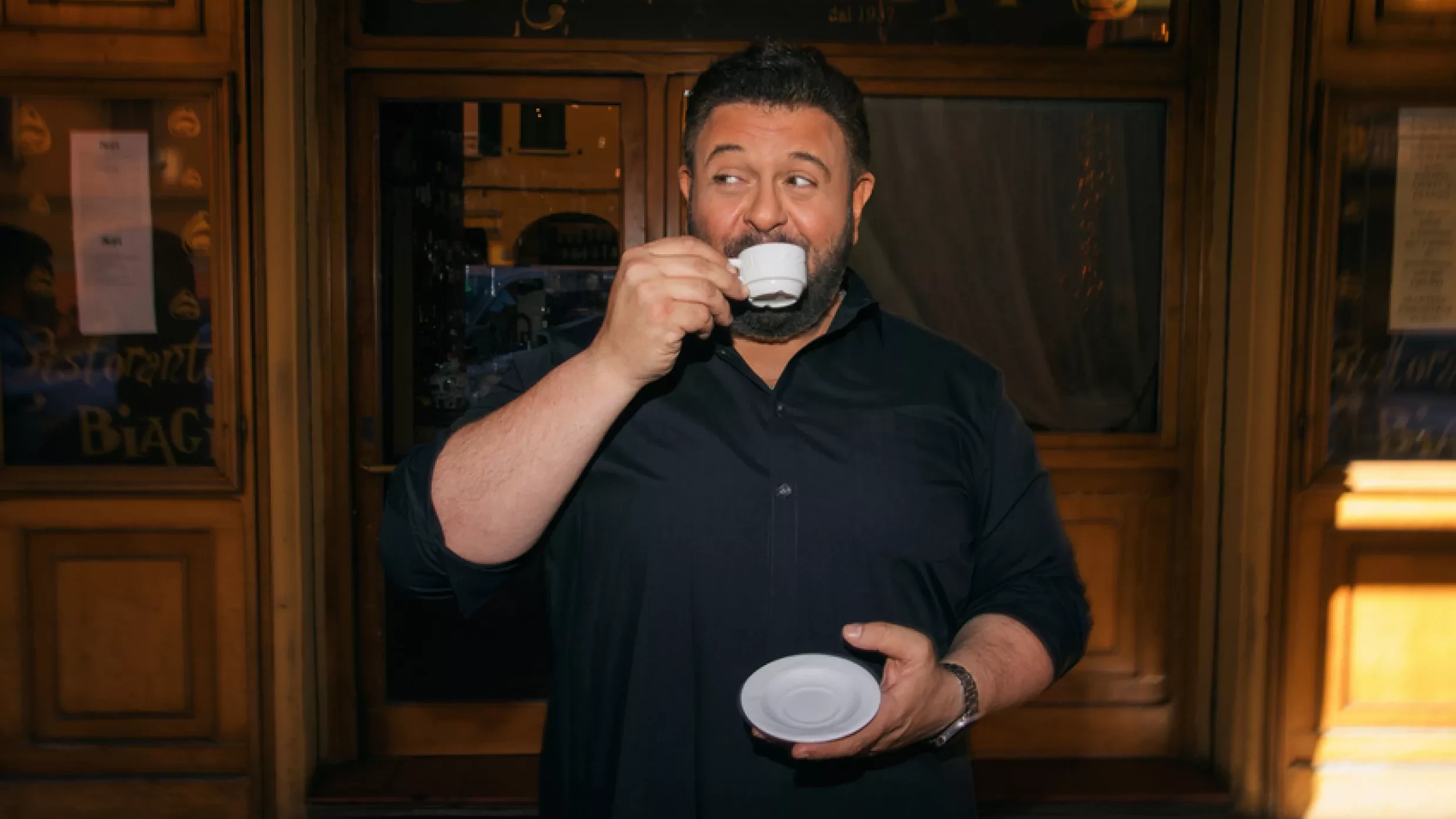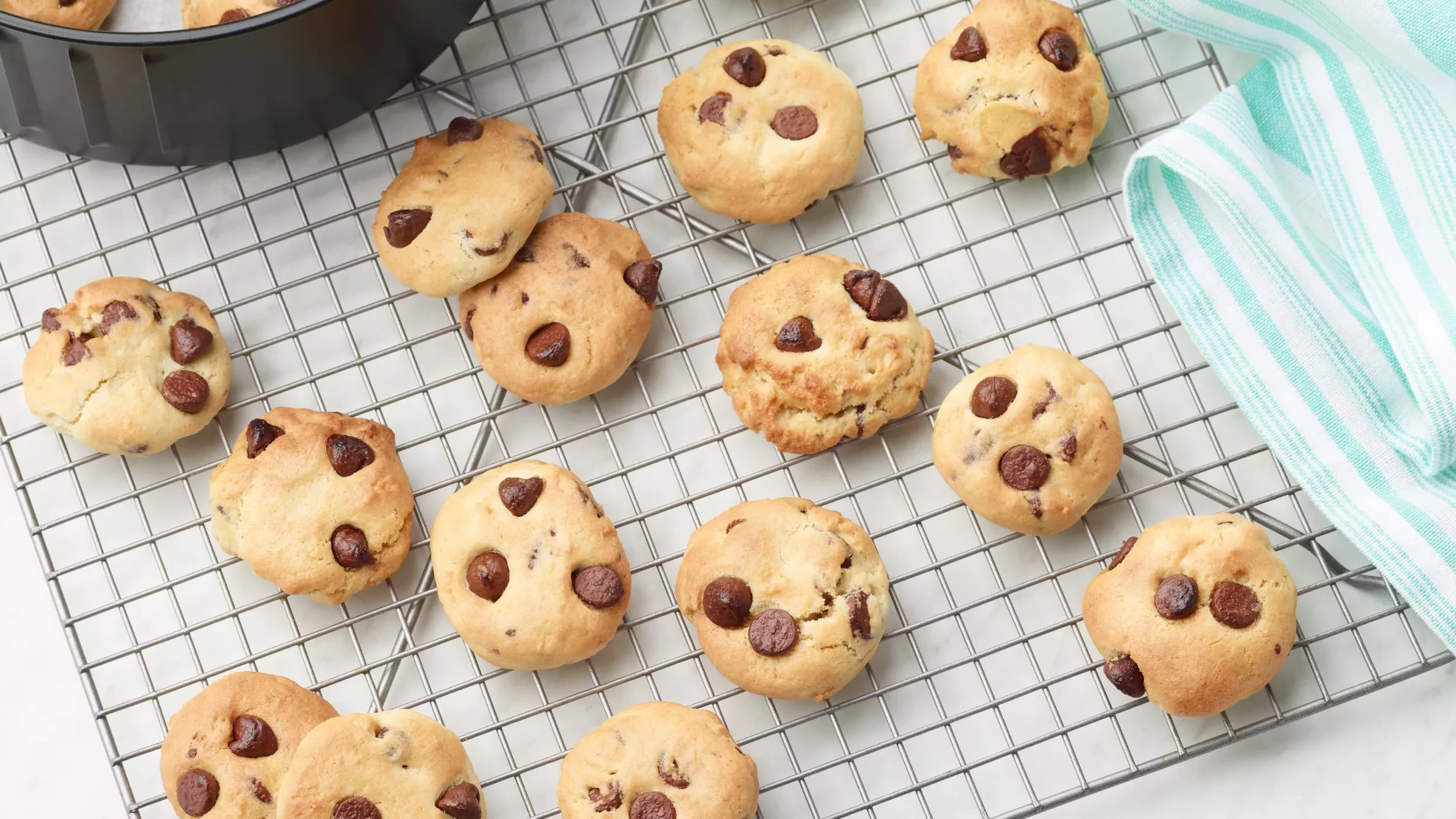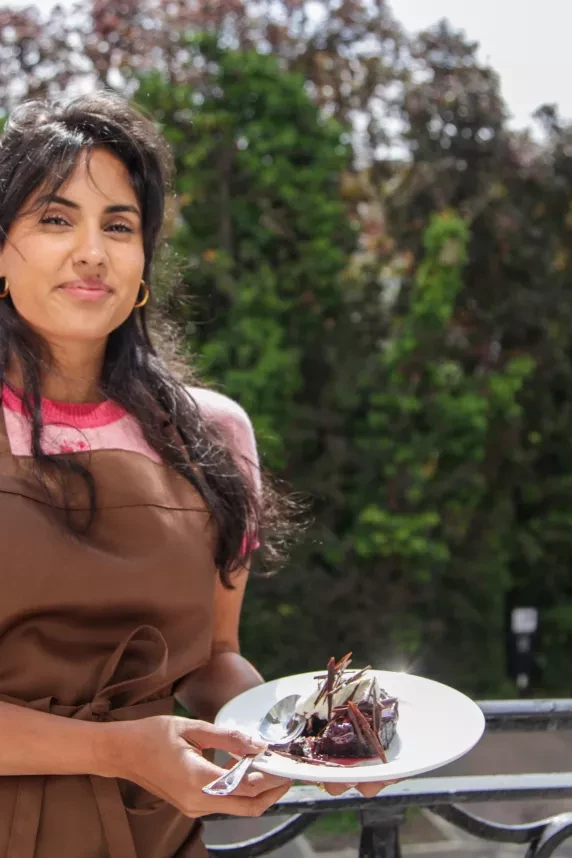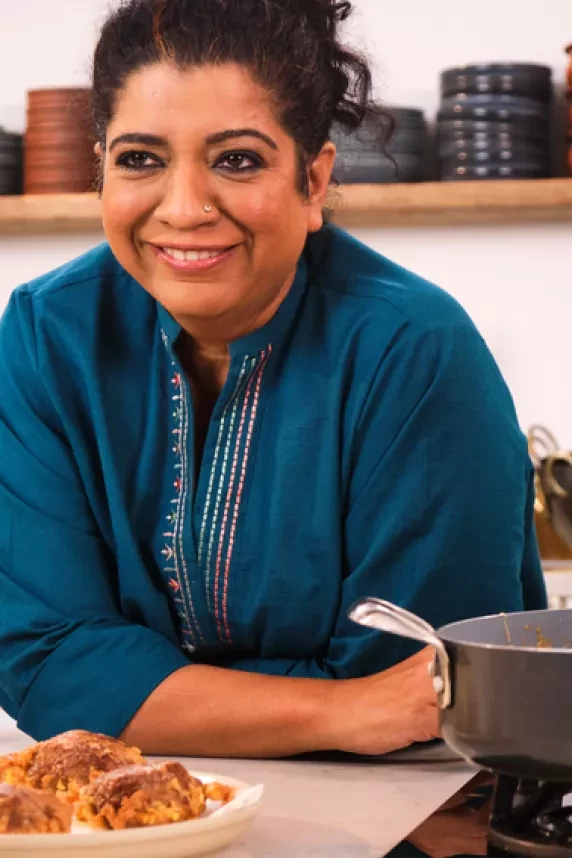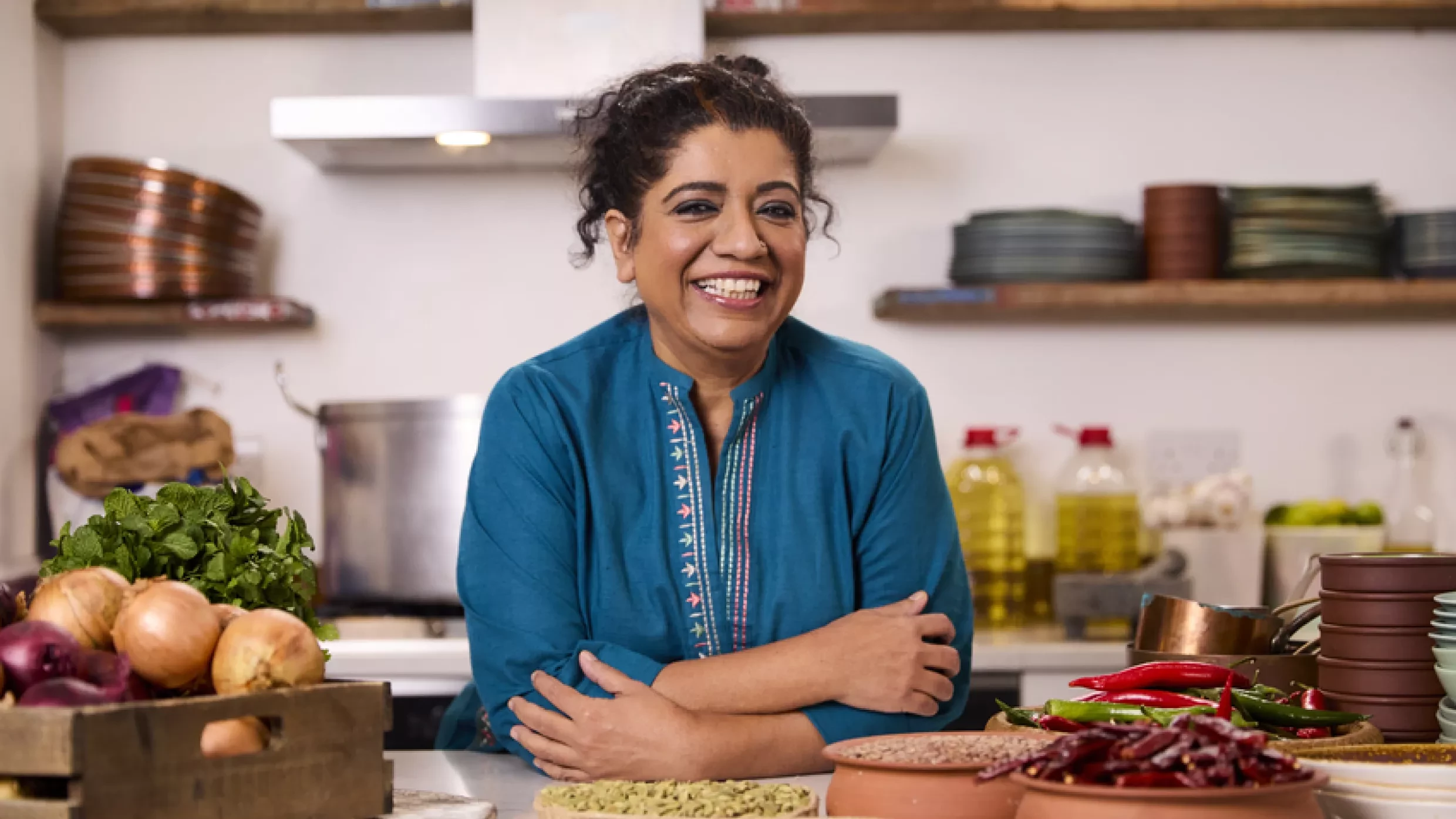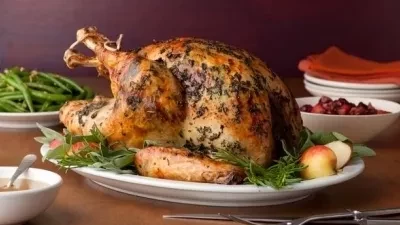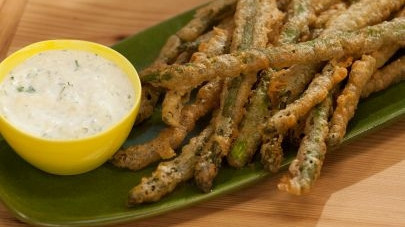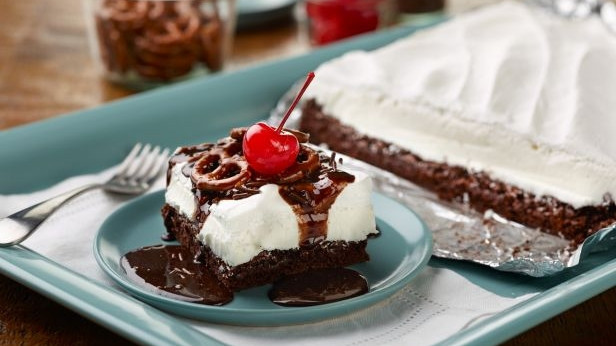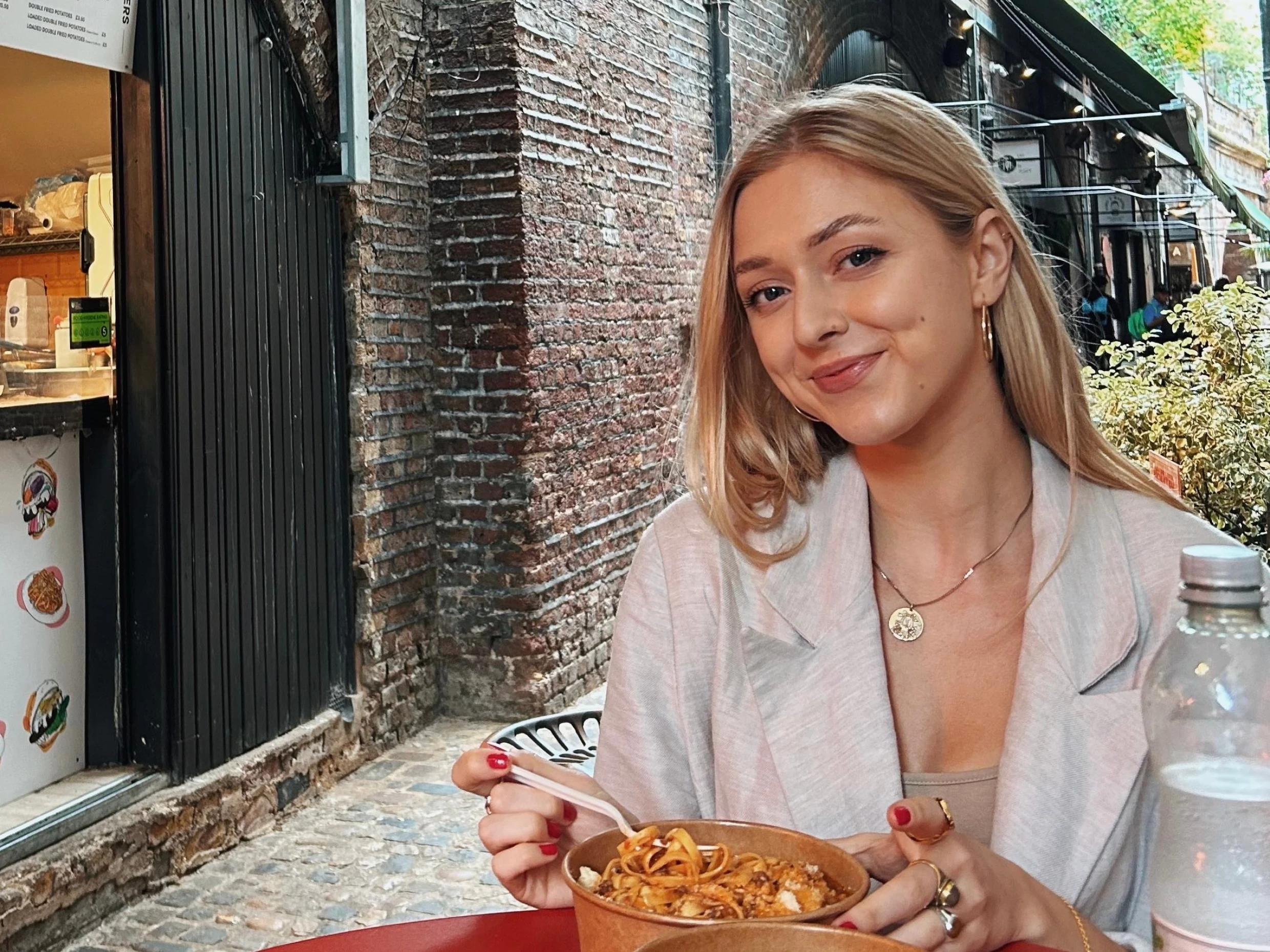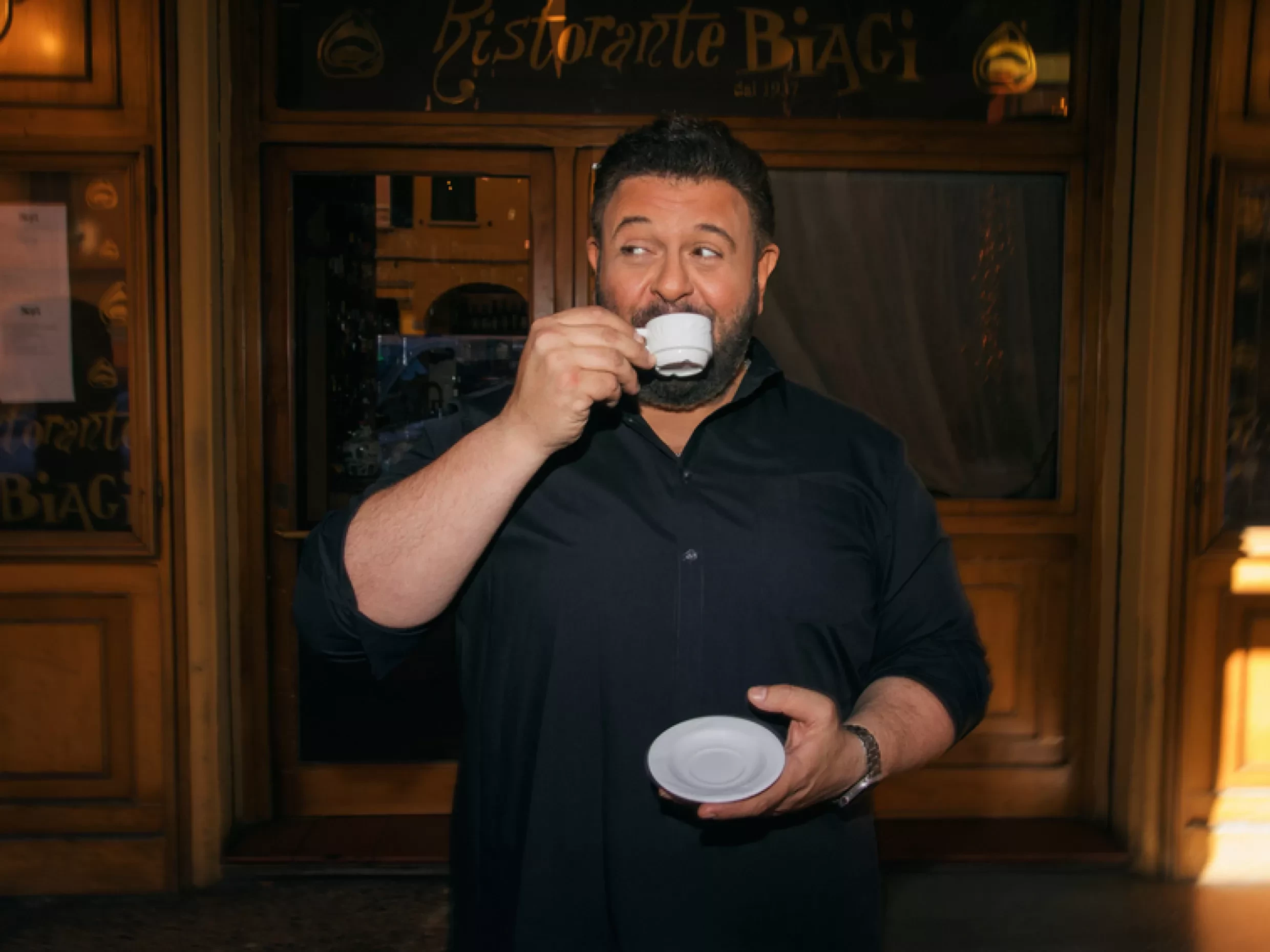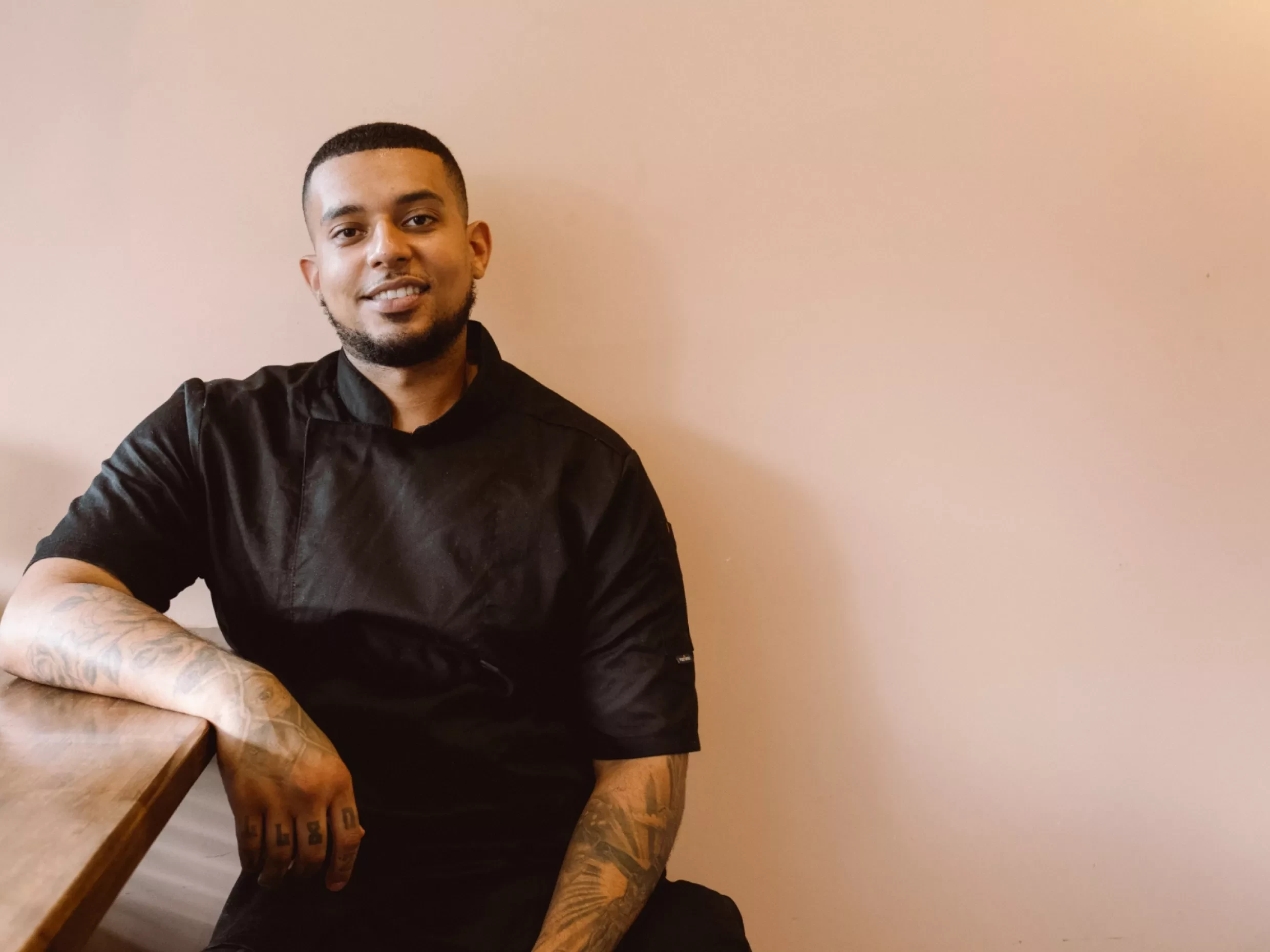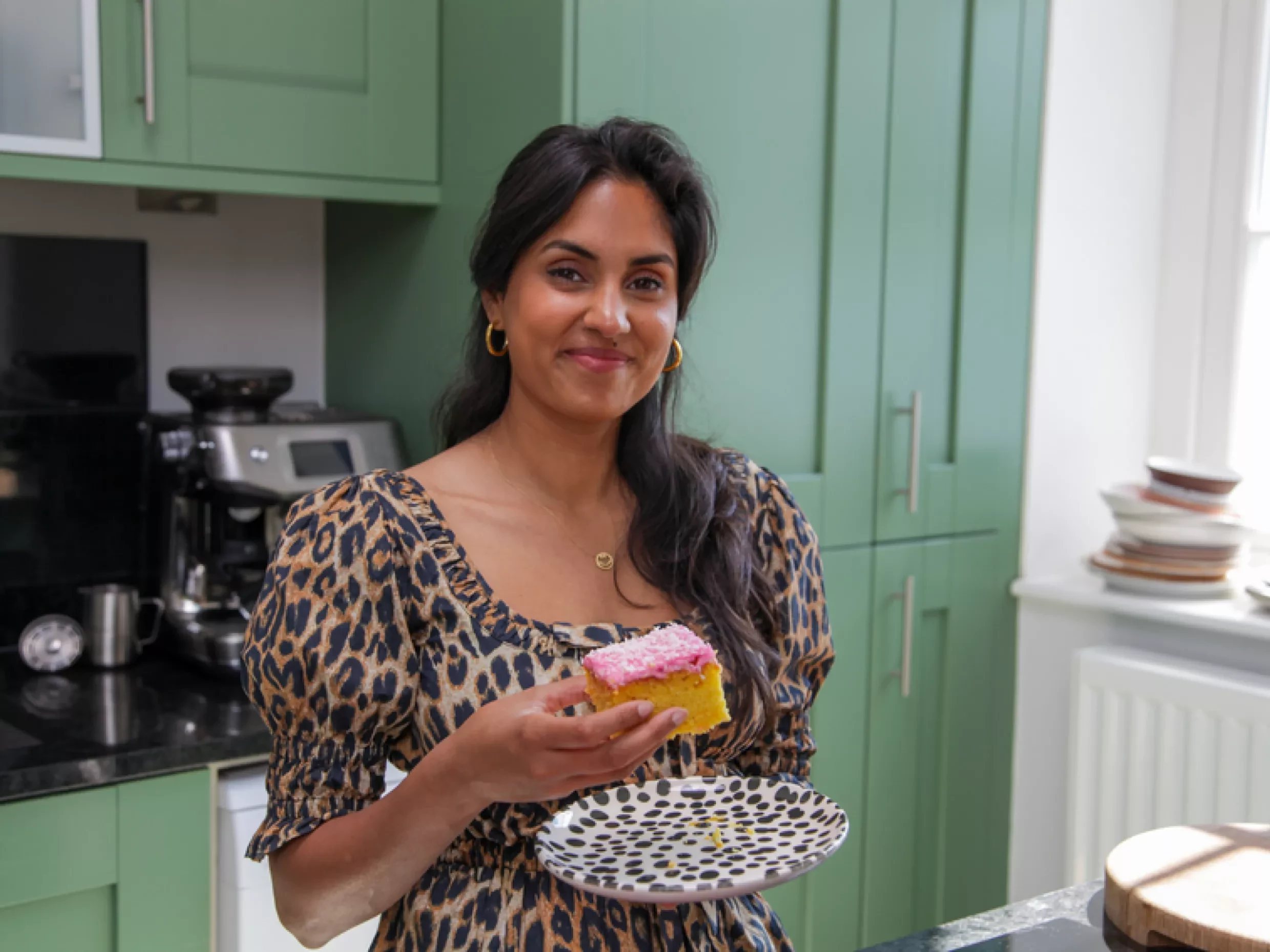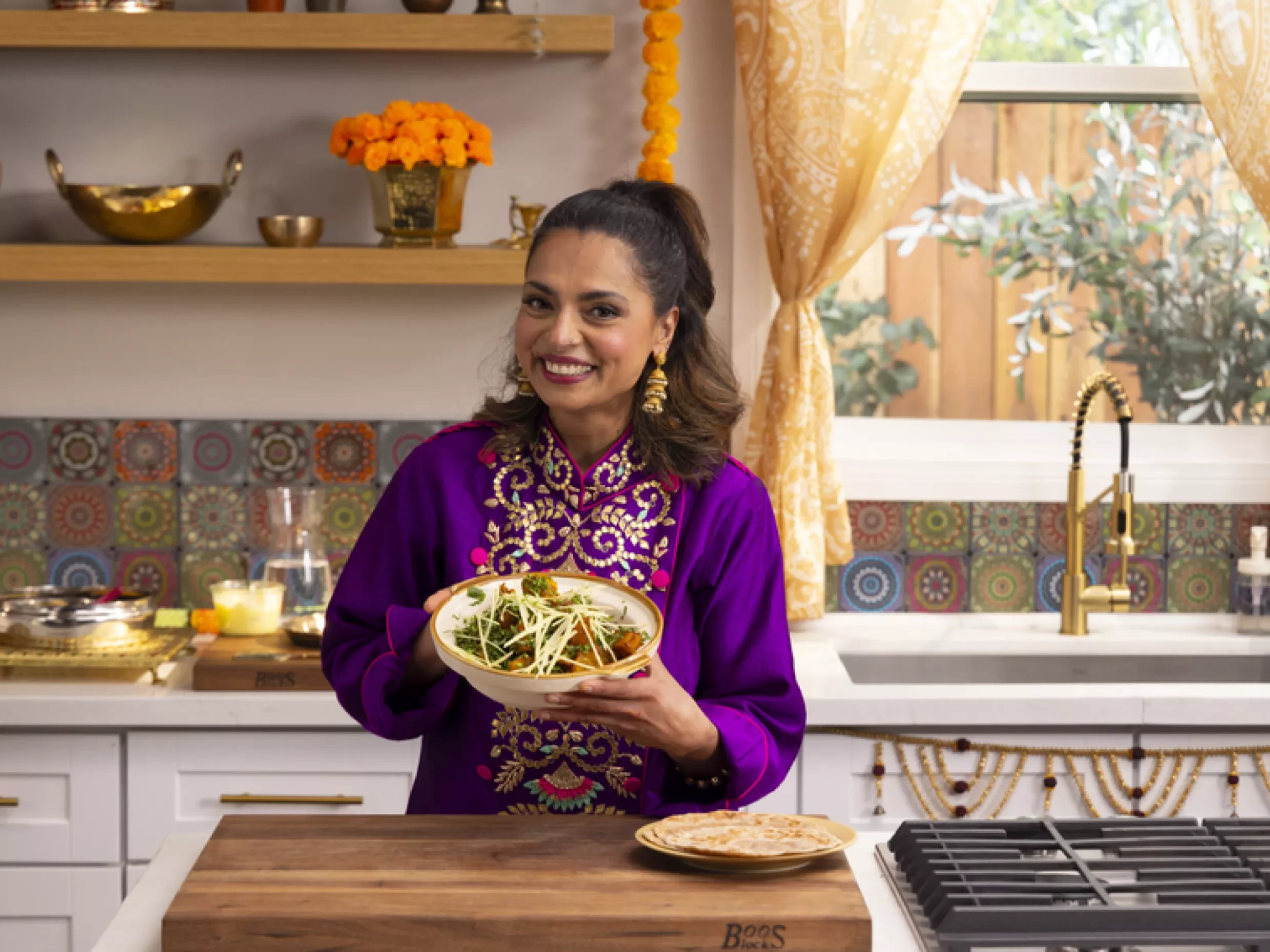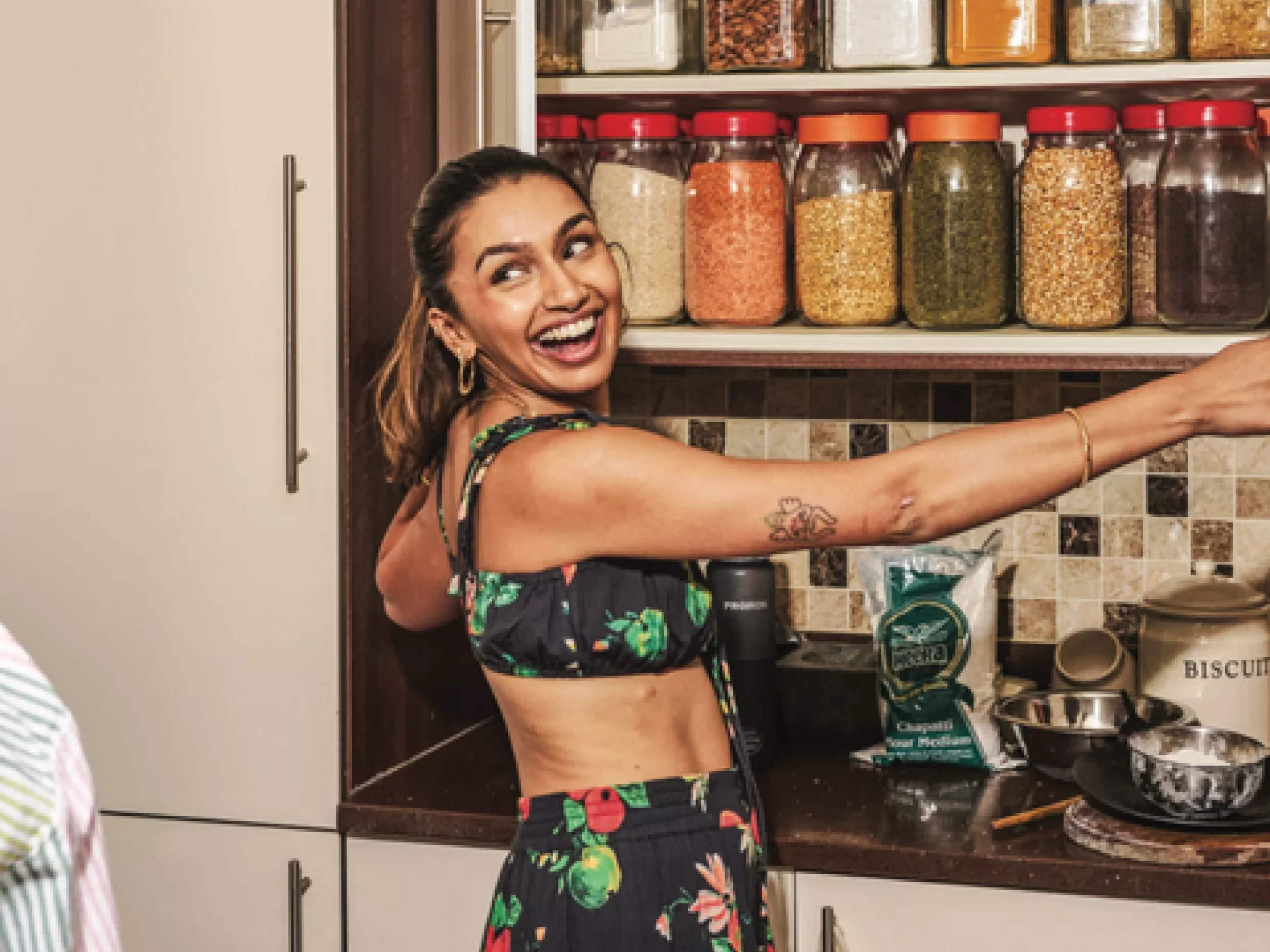“To the woman who saw the chef in me before I knew I was one.”
At the age of sixteen, Anna could cook. Taught by her mother, she could whip up whatever she grew up with. However, it wasn’t until it was pointed out to her that she ever gave her skill some proper consideration. “I was at my friend's house. Liz Dunne is my friend's mother's name. I was doing food for her as she was having friends over. She turned around and goes, Anna, have you ever considered being a chef? Because when you're in the kitchen, you're different.” Anna has always considered herself a bubbly, positive person, inside and out of the kitchen. Yet she can’t put her finger on what it is, but something in her switches. Even today, many of her friends who see her in action say the same. So, it was Liz Dunne who sowed the seeds, and to thank her, Anna dedicated her cookbook to "the woman who saw the chef in me before I knew I was one.”
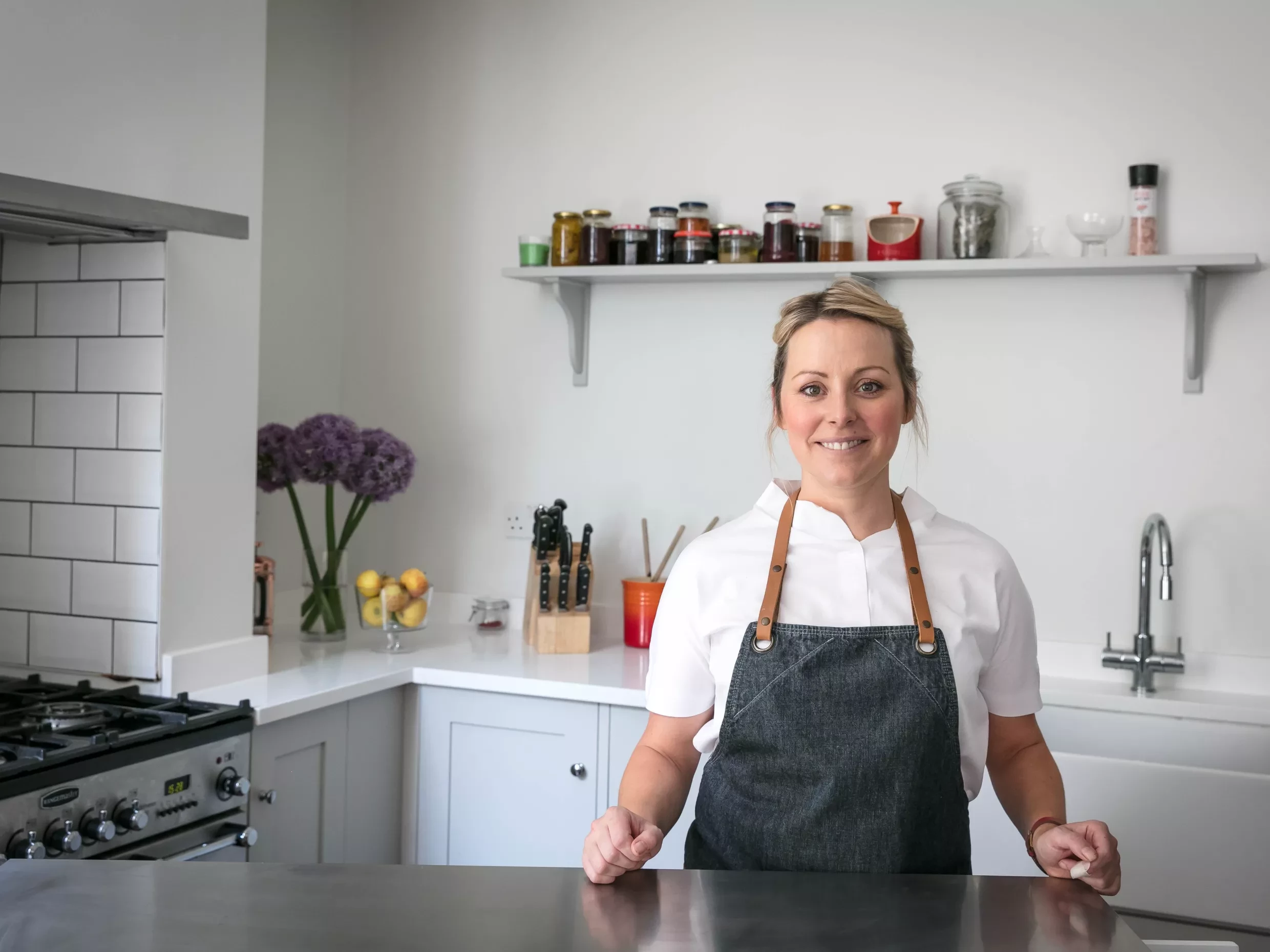
“It chose me. I didn’t choose it.”
Anna’s first experience in a restaurant kitchen was in Jersey. An old-fashioned styled eatery, the type with a set menu of a glass of orange juice for starter and a stainless-steel coupe of fruit cocktail for dessert. She went into the kitchen, what she describes as “a huge sea of stainless steel” and remembers to this day the feeling that struck her. “In my belly, I knew I belong here. I had my friends and family, but I’ve never felt that feeling before in my life. I was okay at school, on every team sport but nobody passed me ball. And then once I went into the kitchen, it just made sense. My palette, my ability to enjoy long hours. I was born for it.” She pauses… “It chose me. I didn't choose it.”
“It’s like if somebody's good at names or numbers… that kind of thing.”
Anna believes there some people who, if they search deeply, will find their vocation. On the other hand, there are other people who are bright enough that can learn how to do a very, very good job. With Anna, however, she likens her skill to “if somebody's good at names or numbers… that kind of thing.” There are certain dishes in the restaurant that appear on the menu once the season comes around again. Anna will taste the dish and instantly know if something's missing, using a feeling alone to determine what ingredient, spice, or seasoning will fix it.
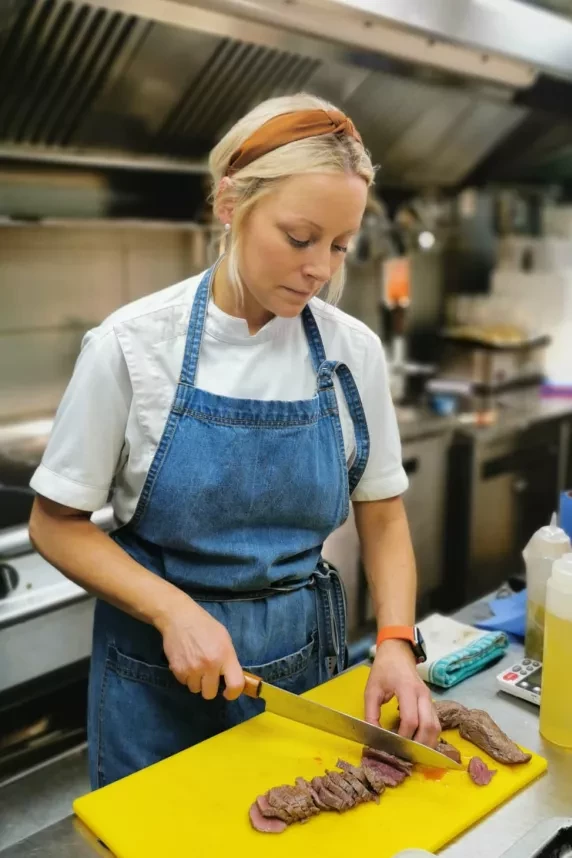
“My mam was my first head chef. She taught me everything.”
The restaurants that Anna trained in showed her a more elegant version of what her mother taught her but in modern European cuisines such as Italian, French, and Spanish. As a result, when met with any scepticism surrounding her Irish fine-dining restaurant, Myrtle, she could confidently say “I've introduced my mother's recipes to the skills I’ve learned for two decades in fine dining. This should exist.” If it wasn’t for her mother’s teachings, Anna questions whether Myrtle would exist, particularly in the form it is today. “I wouldn't have had the same confidence and would have probably done it a more fusion-y way.”
From the jams to the custards, everything done at Myrtle is homemade, which is the way Anna’s mother raised her. And it’s not just the food that has made been made from scratch. “Websites, logos, unique versions of how to serve something. The money wasn’t there, so it was about thinking outside the box of how to be resourceful and trying to figure out ways to give a nice experience to the guests. Sewing things, making things during my time off, that was mam again, she taught us life skills.”
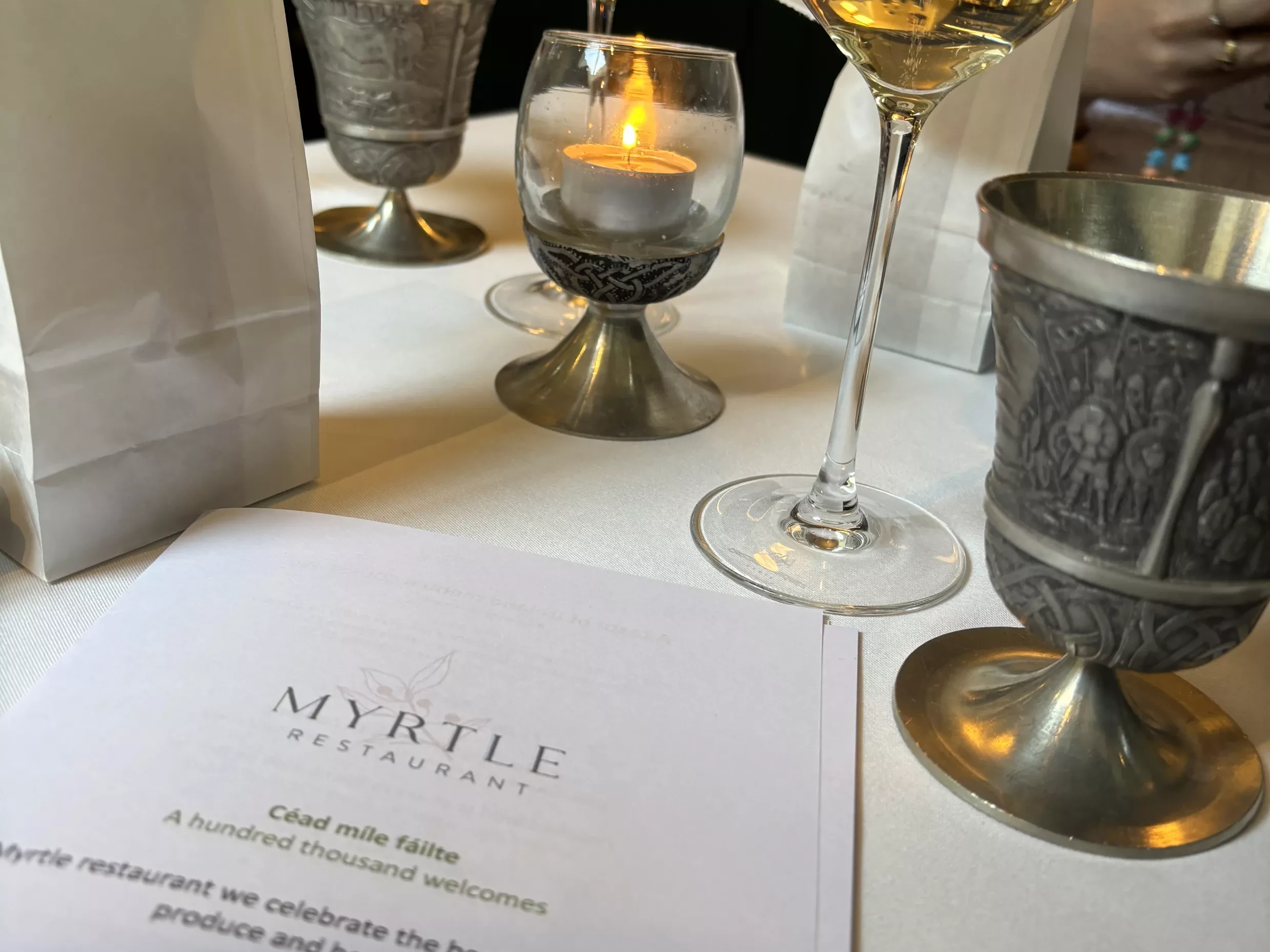
“This is the food of champions…”
When asked about her favourite traditional Irish dish, Anna answers without hesitation. “Coddle. It's a Dublin dish.” A refined version is found on the menu at Myrtle as a ‘Bia Beag’ (an amuse bouche) made with a potato and onion velouté, skinless boiled sausages, crispy bacon and Chantenay carrots, kale, and pieces of potato.
“The stuff that you probably think is boring and you take for granted, all of that's Irish.”
A cuisine renowned for hearty, simple dishes such as apple tarts, boiled ham, and savoury pies, Anna explains that Irish food can often be taken for granted. She clarifies the concept of Irish fine-dining as “all of those things reimagined with more elegance, more refined skill, a more attractive presentation, but the heart of the dish is still there.”
For Anna, it’s the basic level of ingredients grown in Ireland that makes Irish food so special. “And I'm not just saying that for my brand…” she clarifies. She recalls doing a pop up in The Conrad in Dublin, a hotel near Stevens Green and having to adapt the recipes of the dishes to suit the natural sugars that formed in the Irish beetroots, carrots and other vegetables. As for the produce, Anna has huge respect for the generations of Irish farmers, where skill is passed down through families, but the animal's health and respect to the land remains the heartbeat of what they do.
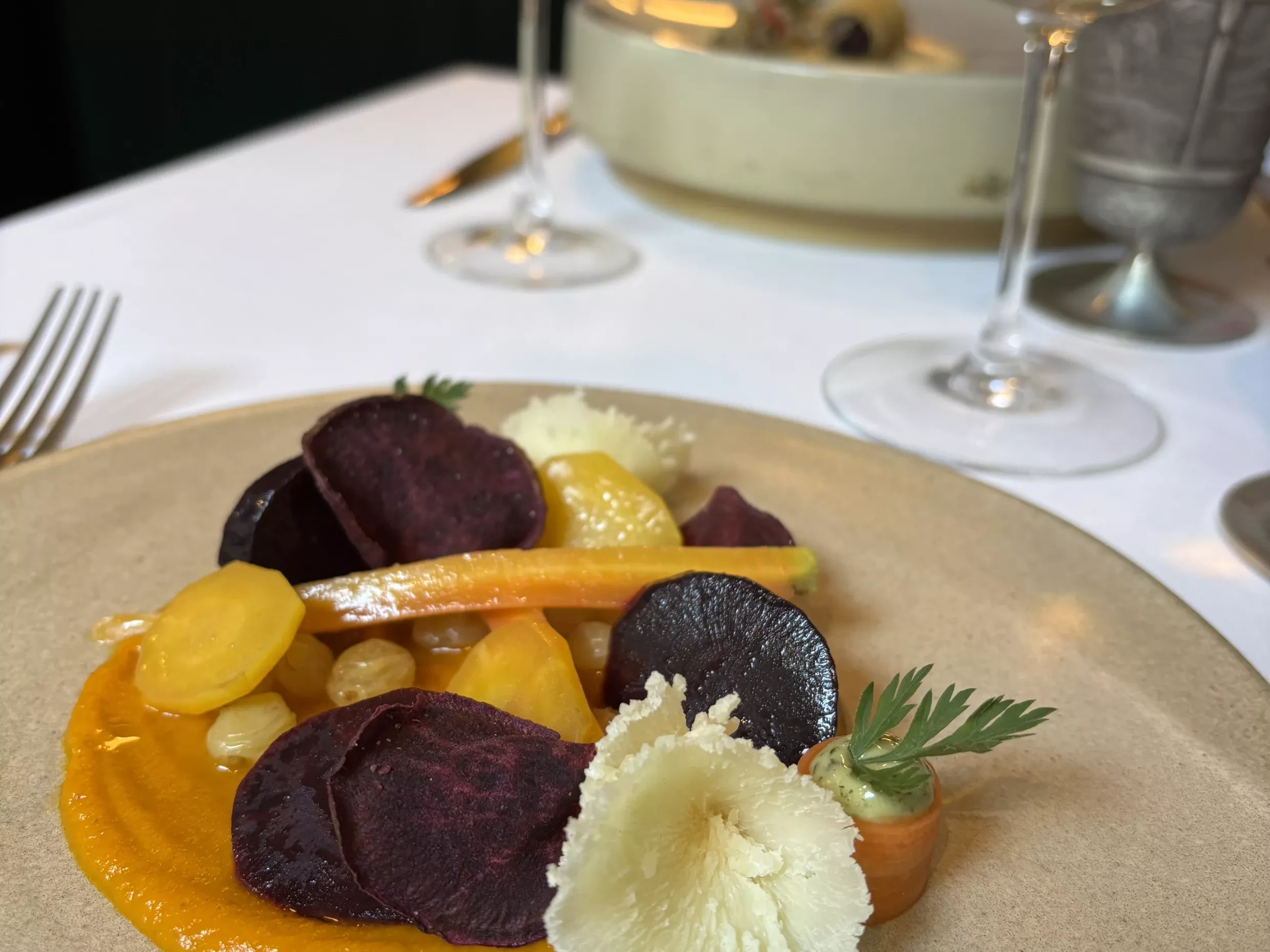
“Failte is an attitude. It translates to ‘welcome’, but it’s more-so: ‘Ah, you’ve arrived.’”
Myrtle holds the charm of Irish hospitality at its core, something that Anna believes we have The Brehon laws to thank for. The Brehon laws were the native legal system of early medieval Ireland where a high value was placed on hospitality. One of the laws included if a person travels through your village, they were expected to be given food and shelter by law, which encouraged trade and travel and between tribes. “When an action is repeated over centuries, it becomes part of your DNA. When people say, oh, the Irish are so friendly, once upon a time, it used to be the law and that's why we are. And to sum it up, it's failte. Failte is an attitude. It translates to ‘welcome’, but it’s more-so ‘Ah, you’ve arrived’.”
“What Myrtle Allan did for Irish produce, Irish hospitality, and the Irish food culture is unmatched.”
When it came to naming her restaurant, Anna wanted to choose something that held a meaning, whilst sounding like a nice, restaurant name. Myrtle is named after Myrtle Allen, a woman who’s impact on Irish produce, Irish hospitality, and Irish food culture is, in Anna’s words, unmatched. Before opening the restaurant, she contacted Darina, Myrtle’s daughter-in-law and founder of the Ballymaloe Cookery School, for permission.
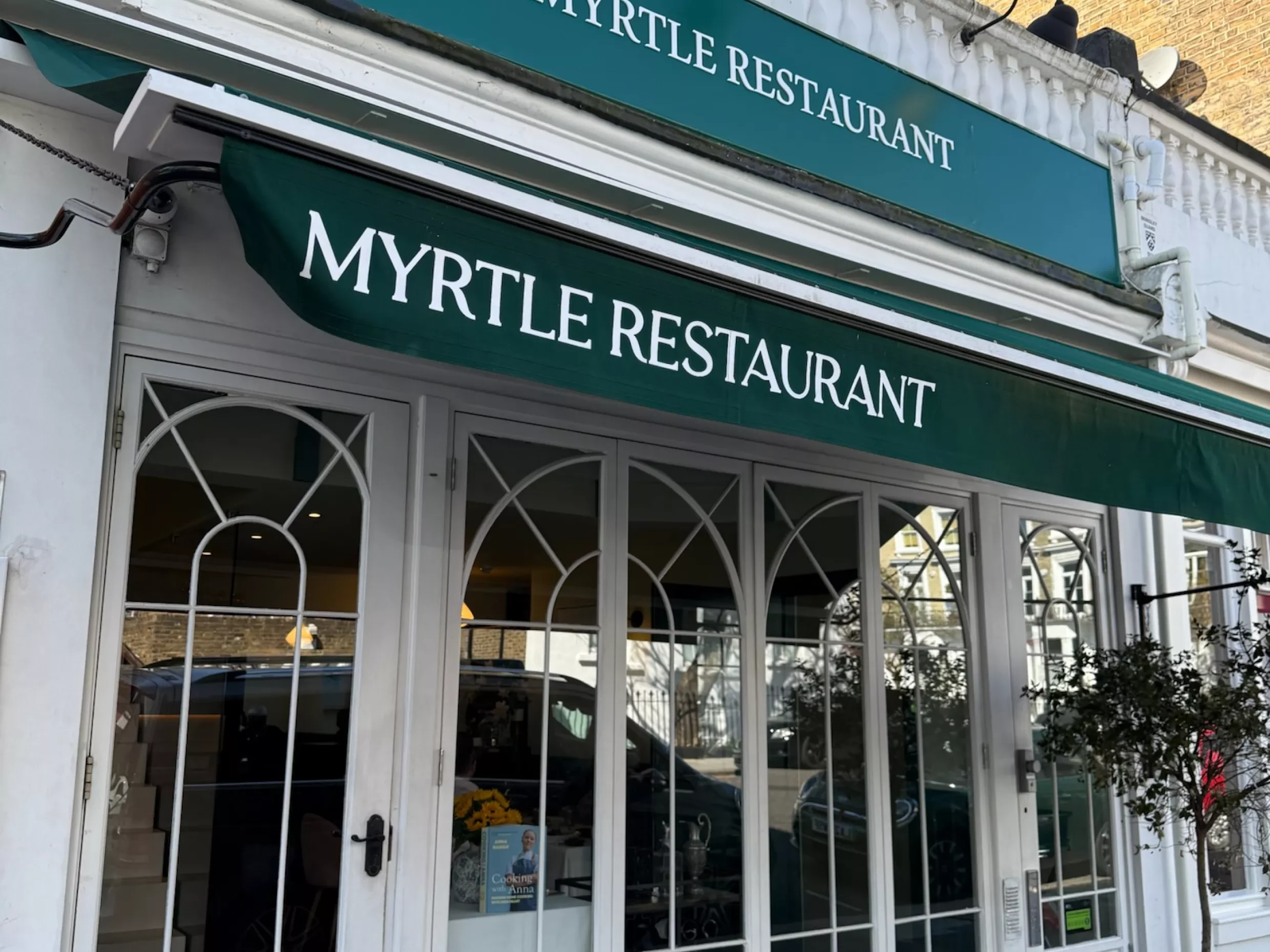
“I ran out to the shop, bought tins of baked beans, threw away the beans, and that's what I baked the bread in.”
Before the restaurant’s opening in 2019, Anna hosted a pop up in Selfridges where she cooked for Darina, Bord Bia, the Irish Ambassadors to the UK, along with many Irish female producers. During her prep, Anna realised (in a state of panic) that she didn’t have any uniform bread tins. Quick on her feet, she ran to the shop, bought tins of baked beans, emptied them, and used the tins to bake the bread in, giving them a perfectly round form. Her guests presumed Anna had some sort of special model to achieve the shape and Anna admits that “when you don’t have much money, you’re embarrassed about innovation.” She kept her method to herself that evening, but now it’s written proudly at the back of her cookbook, and tins are still used to bake the perfect rounds of bread served in Myrtle today.
But was it enough to secure Darina’s approval? After initial scepticism of the intricate menu, she jumped out of her seat and exclaimed to Anna, “you can cook!” and that she was proud that Anna was calling her restaurant Myrtle. Since then, they’ve maintained a lovely relationship.
“They didn't understand why I seem to be so confident about my deserving to be in in a kitchen, and I didn't understand why they thought women weren't suitable for the kitchen.”
Anna’s career in fine dining began on Dublin’s Baggot Street at L’Ecrivain, a Michelin-restaurant with women and men of all ranks working in the kitchen. “The women who were in the senior positions, there was never a question of gender. And there was never a question of drive, passion, creativity, dedication.” Following that, she transitioned to London to work as a chef in restaurants that were predominantly male-driven environments, a situation that Anna admits was “confusing for all of us involved.”
When asked how she found that transition, Anna’s strong-willed positivity shone through with a no-nonsense response:
“Like I said to you right at the beginning, no matter what I have encountered, I didn't choose this job. This job chose me. So I'm following something that is already whispering to me what to do. And it was always just keep going and actually, look at that sunshine. That strawberry is the most delicious strawberry... There are other things that somehow seem to get my attention more than somebody telling me women are only good for making babies.”
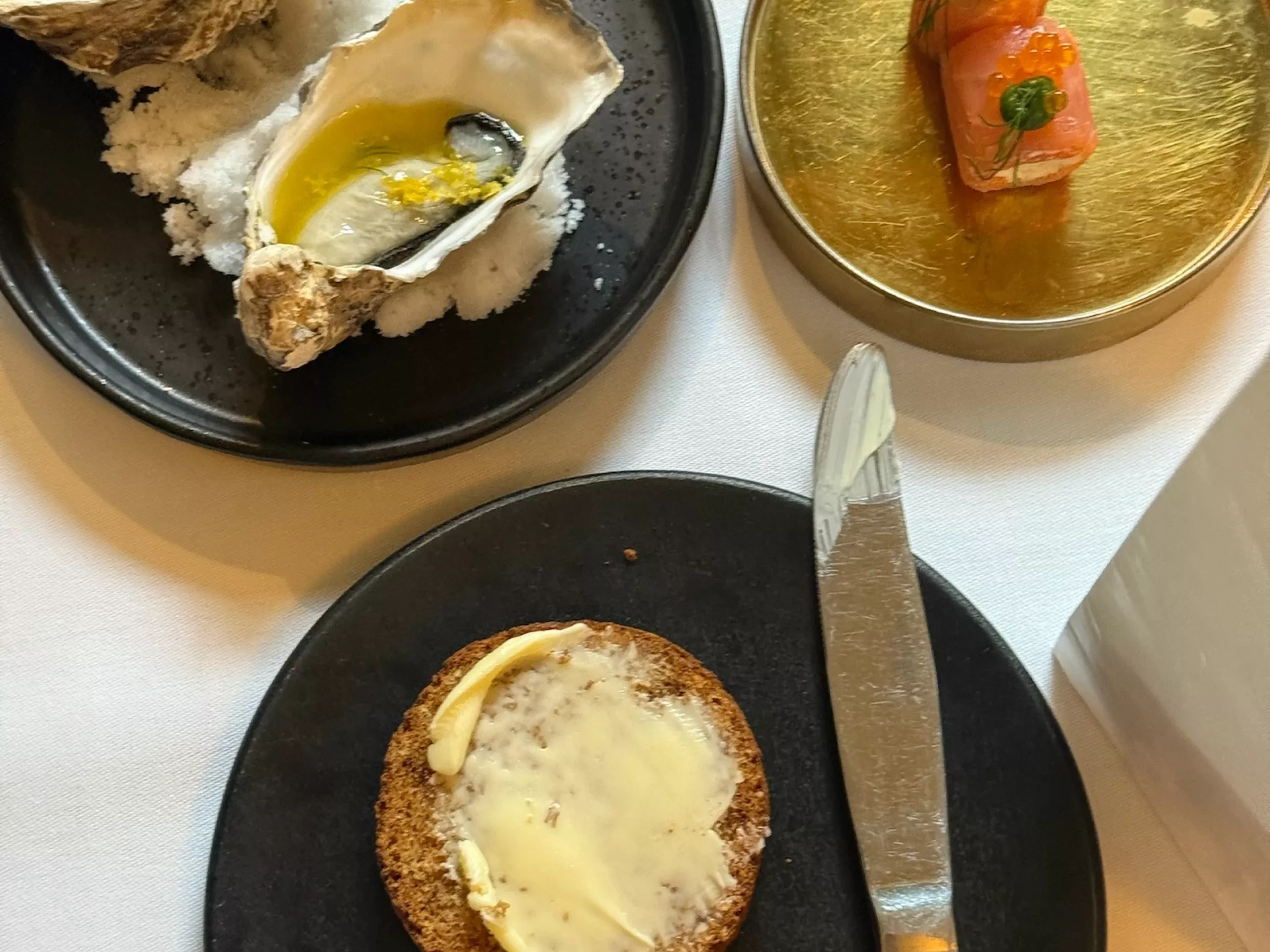
“I guess the proudest moment in my career is having the calmness of knowing I've worked really hard at this, I deserve this and I will continue to grow.”
The proudest moment of Anna’s career could be her incredible book deal, being chosen to judge on Masterchef, opening her own bar and restaurant or perhaps cooking for the UK and Ireland summit. Instead, however, it was the realisation that she deserves the success she has. She admits she hasn’t always had the confidence she does today, but after having her son, Anna undertook Cognitive Behavioural Therapy training to discover how to be the best version of herself for him. A byproduct of this was “the calmness of knowing, I've worked really hard at this, I deserve this and I will continue to grow…”
“It's this refined version of Brazilian cuisine, and it's incredible.”
When it comes to favourite restaurants, Anna believes we don't listen to our instincts enough. We tick off go-to places on our lists but the joy and ceremony of dining out can range three-star experiences with a glass of champagne before, to salt and pepper squid from a van at the side of the road with the sun hitting your face- she loves all of it.
But when given a subtle nudge to answer? “Da Terra. It's this refined version of Brazilian cuisine, and it's incredible. It's really incredible.”

